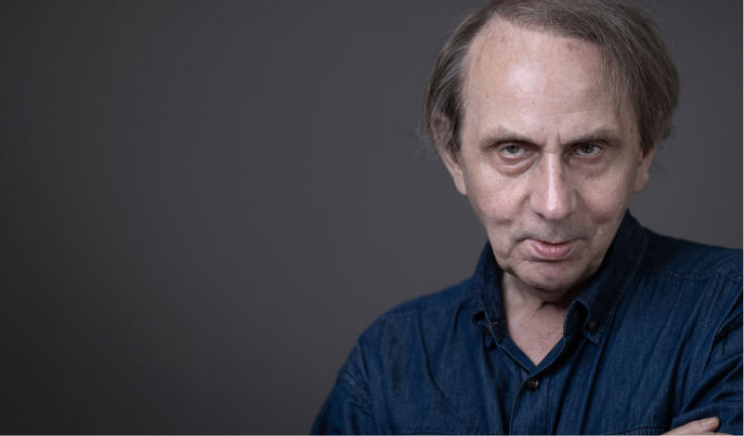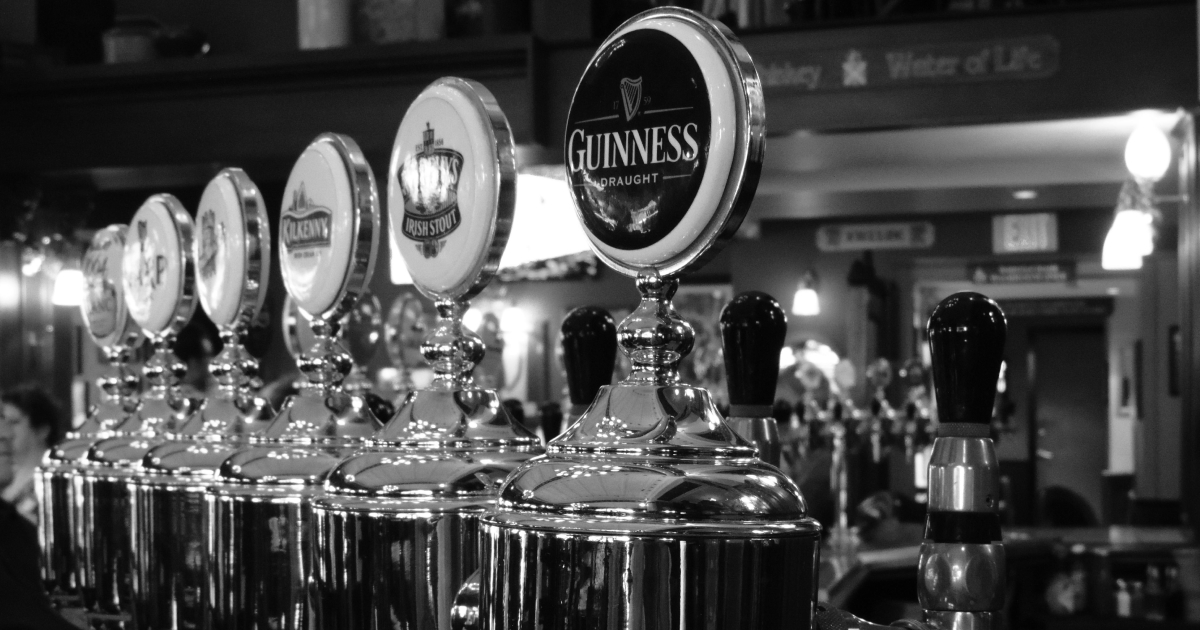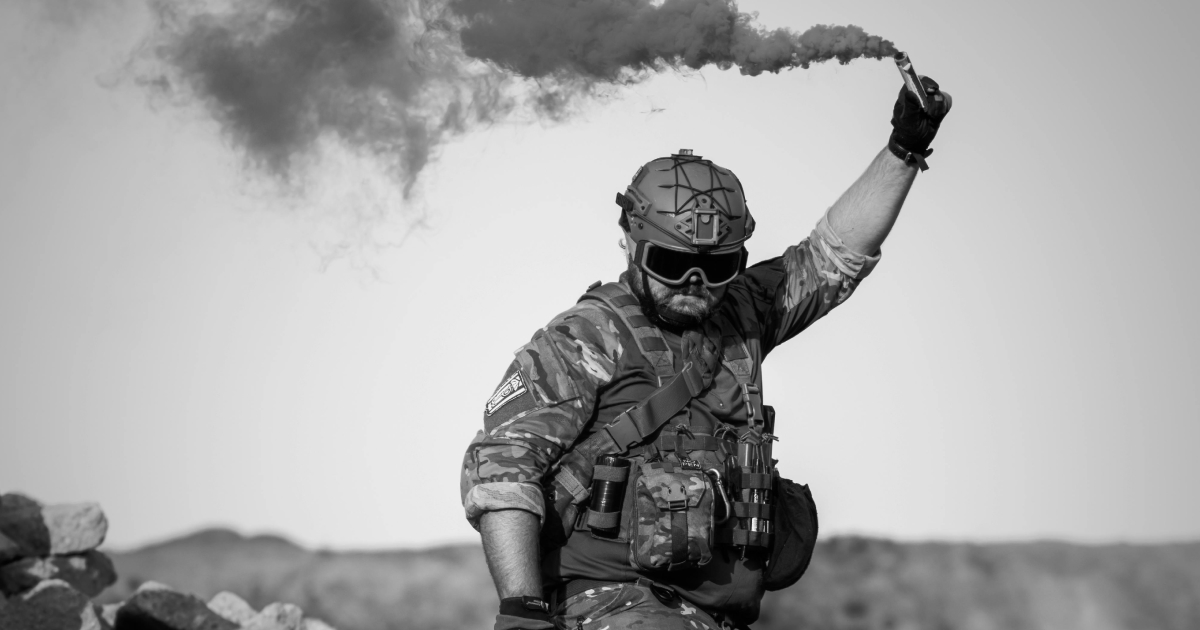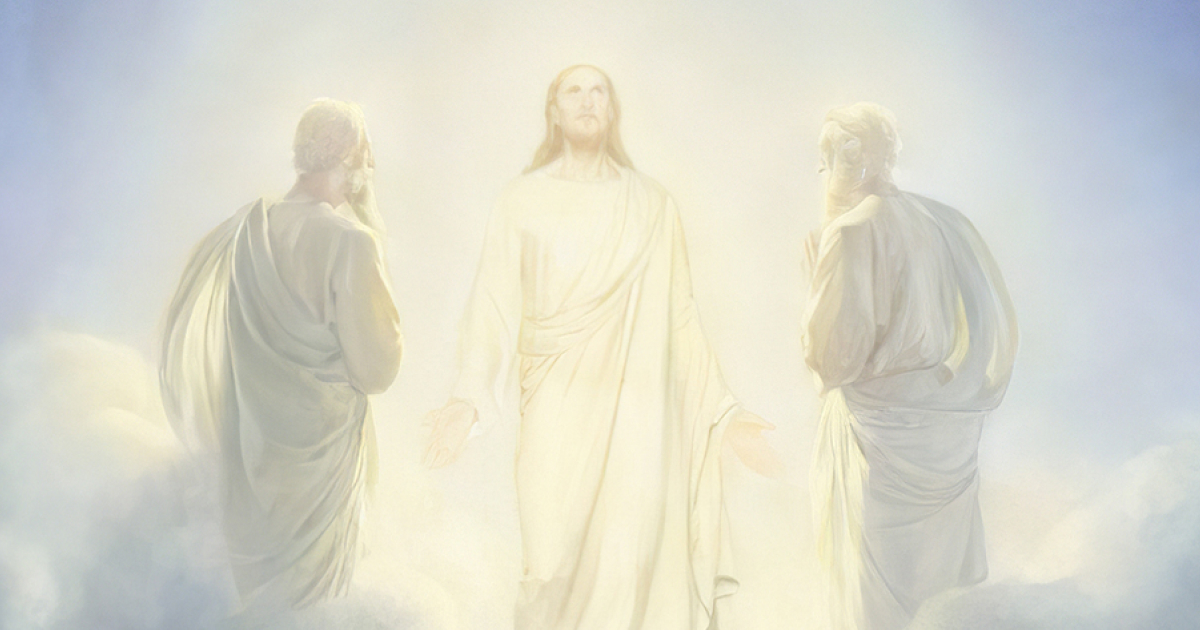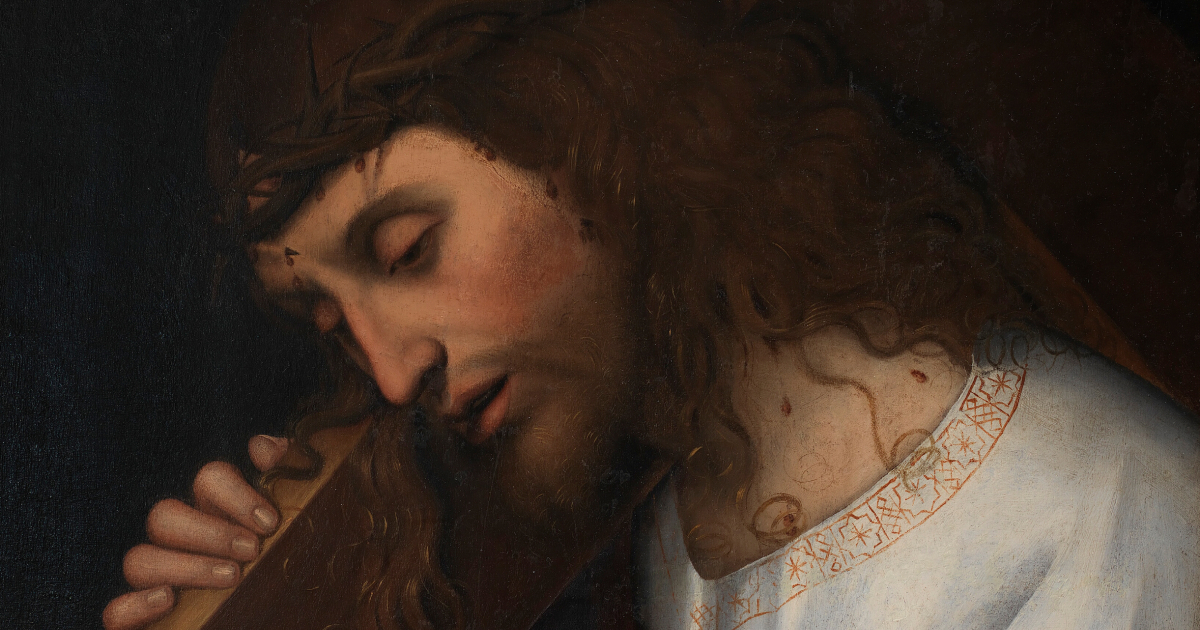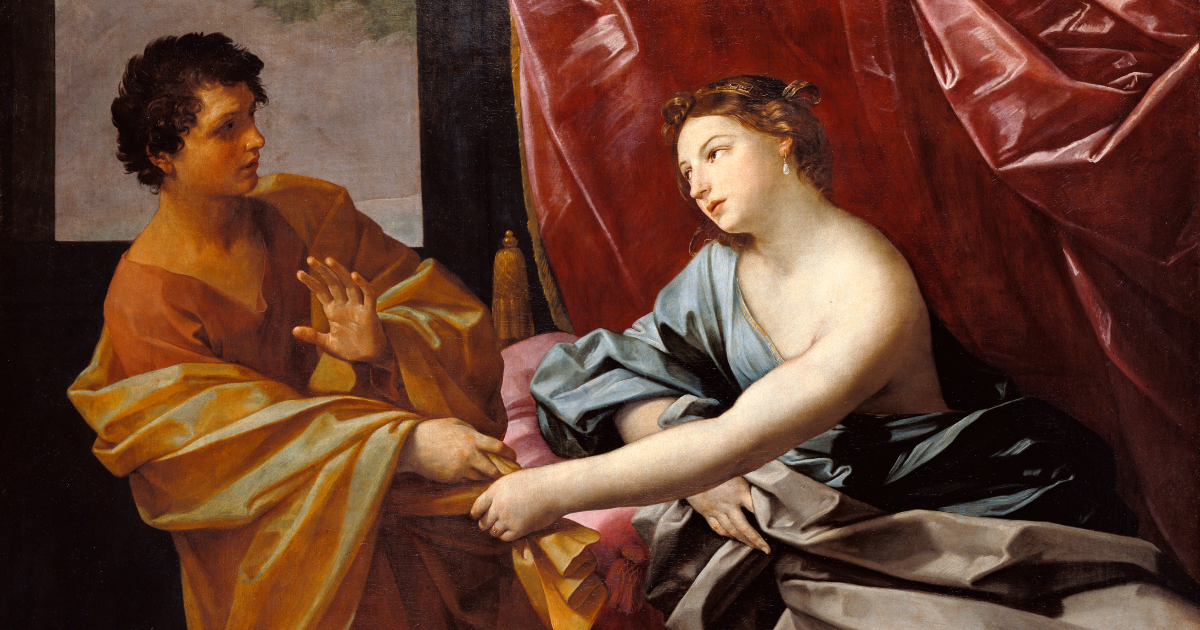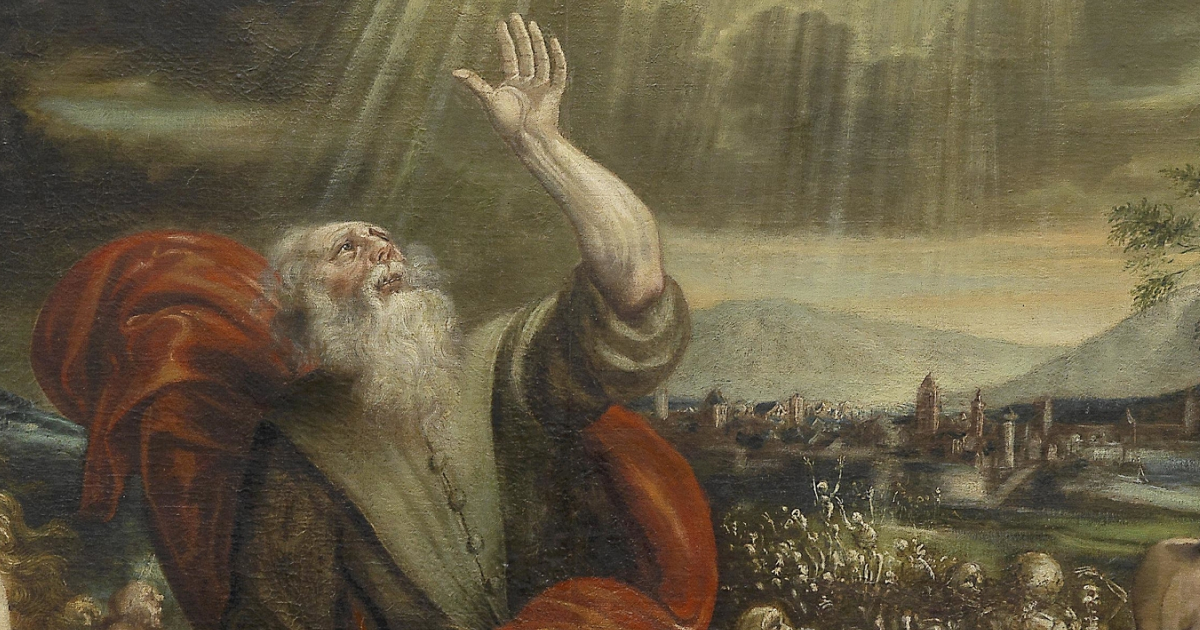Any fan of Michel Houellebecq, especially any Catholic fan, will find it hard not to notice just how "Catholic" this non-Catholic writer can be in his typically controversial, smutty and misanthropic novels.
The British literary scene has nothing like Houellebecq – and it is worse off for it – who combines the raciness and raunchiness with some of the most beautiful writing currently out there about God, love and the role of religion, notes a recent article in Spectator Life.
Part of the problem is that the publishing industry – and its tepid gatekeepers – would never let his English equivalent through: someone who is white, male, very heterosexual, sides with Christianity against Islam, writes about the male condition brilliantly (he also writes almost as much about the female condition) and, perhaps most controversially, takes down modern feminism,
Brits also just aren't good at dealing with abstracts. The Anglo-Saxon mind prefers to stick with everyday practicalities; it struggles with the existential truths Houellebecq hammers home in the likes of Atomised. Written in 2002 – suffice to say the issues have only got much worse – the first page opens with the following description of the situation faced by the protagonist (and by everyone):
“The country into which he was born was sliding slowly, ineluctably, into the ranks of the less developed countries; often haunted by misery, the men of his generation lived out their lonely, bitter lives.
“Feelings such as love, tenderness and human fellowship had, for the most part, disappeared; the relationships between his contemporaries were at best different and more often cruel.”
Houellebecq is writing about France, but his damning inditement applies to almost every European nation, and especially – perhaps more than anywhere else – to modern Britain. This is the world people are living in now, and Houellebecq is one of the few writers to address it head on and truthfully.
Writing about Covid and lockdowns in 2020, he saw through all the claptrap and disingenuousness to pithily warn: “We won’t wake up, after lockdown, in a new world; it will be the same world, but a bit worse.” And so it has proved.
He writes scathingly about euthanasia and the accompanying disregard for the old, weak and vulnerable. He takes apart those feminist shibboleths such as abortion is a vital and wonderful institution and that having a career instead of a baby is the secret to happiness.
There are few writers, male or female, who address so keenly and continuously in their writings the implications of so many adults, especially women, not having children and becoming parents – and he doesn’t address its impact on GDP and the economy which seems the only lens through which it is approached by the mainstream; he addresses the implications for your soul and for goodness and love and tenderness in general.
Perhaps this is one of the reasons some find him off-putting:or awkward: the troubling whiff of the Catholic writer about Houellebecq. No one really seems to know exactly what his religious position is. Houellebecq doesn't seem sure himself. He is certainly not a practicing Catholic, though his work appears profoundly influenced by Catholicism.
In Serotonin (2019), basically the entire book serves as a testament to the awfulness of the modern age, with its “unrelenting spread of economic liberalism and the infiltration of its pitiless logic into our love and sex lives”, describes the article “The Faith of Michel Houellebecq” in online magazine Compact.
The last few pages, though, then switch to expound how the only remedy to, in Houellebecq’s words, the “illusion of individual liberty, of an open life, of infinite possibilities” and all the problems that have come in their wake, appears to be God and religion.
“Today I understand Christ’s point of view and his repeated horror at the hardening of people’s hearts: all of these things are signs, and they don’t realise it,” the protagonist says on the last page. “God takes care of us; he thinks of us every minute, and he gives us instructions that are sometimes very precise.”
Annihilation (2022) serves as an extended mediation on human frailty, Western nihilism and the lack of spirituality in the modern world, all of which is heightened in the book by the contrast made with the courage and moral strength shown by the protagonist’s devoutly Catholic sister.
Outside of his fiction, Houellebecq continues to be committed to the havoc wreaked by the demise of religion in the West (which means Catholicism). His essay “Conversation with Geoffrey Lejeune” was published as a response to the question: “Can restoring Catholicism to its former glory repair our damaged civilisation?”
By the end of the interview with the controversial French editor – typically described as “far-right” – having discussed the Liturgy, social organisation, Vatican II, inter-religious dialogue, hell, Christian art, science, political power and sexuality, both men circle back to the core question to collectively answer: “On this point we agree, it’s much simpler, almost obvious: the answer is yes.”
But that’s not an answer, or even a suggestion, you have much chance of hearing in the UK, or find offered up in bookshops like Waterstones, as the country slides to self-destruction with its Parliament legislating for assisted suicide and abortion up to birth.
One of Houellebecq's most devastating and most "Catholic" lines – it might as well have been written by one of the four Evangelists – comes in Serotonin, when the protagonist says:
"I'm old now and can't really remember, but I think I was already afraid, and I'd understood, even then, that society was a machine for destroying love."
RELATED: Denmark’s ‘spiritual rearmament’ offers important lessons to UK
Photo: French author and poet Michel Houellebecq poses during a photo session in Paris, 30 June 2023. (Photo by JOEL SAGET/AFP via Getty Images.)





